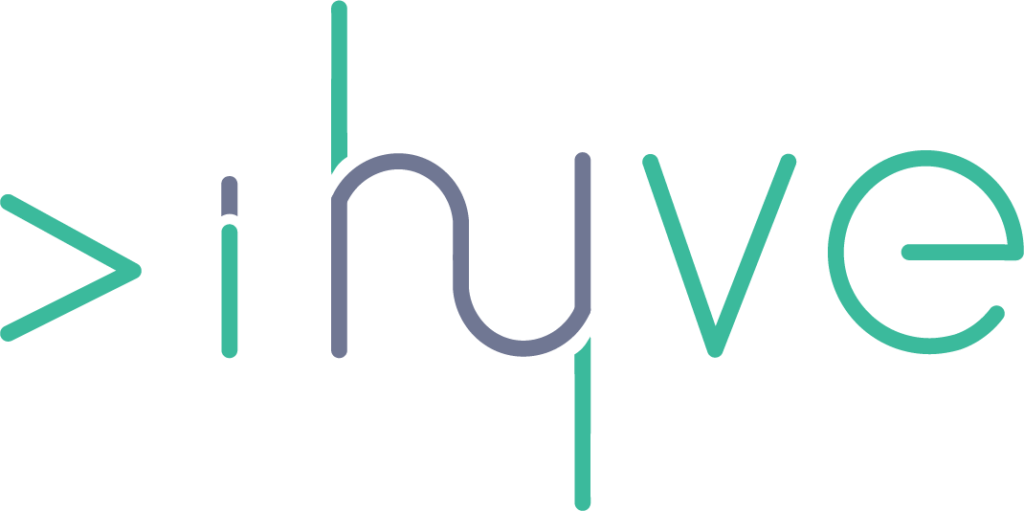Difficult economic conditions continue to hit non-bank lenders hard, as 79 per cent report that the economy has had a negative impact on their operations; according to a new report by business data API provider Codat.
A Codat study of 115 business lenders in the US and UK found that digital lenders are also seeing a rise in default rates (41 per cent), and, as a result, are tightening lending standards to manage risk.
Amidst these conditions, growth has become increasingly difficult for lenders, with reduced customer demand (22 per cent) cited as the biggest barrier, followed by: competition from established players (19 per cent); the inability to raise additional funds (19 per cent); and a lack of product-market fit (19 per cent).
Despite economic difficulties, Codat also reveals that business lenders continue to innovate and evolve their offerings. Providers are adapting their strategies and priorities to narrow in focus on operational efficiency, retaining current customers and launching new lending products.
In fact, one in five lenders are actually planning to expand to new geographies, 17 per cent plan to expand their teams in the next year, and 40 per cent say their business has grown over the last 12 months, according to the Codat report.
Sixty-four per cent of the non-bank lenders surveyed say efficiency is a top priority. In order to achieve this, most lenders are focusing on improving customer retention, reducing business costs and lowering defaults. Meanwhile, 36 per cent of UK respondents are looking to reduce default rates by making better use of data. In the US, 34 per cent plan to do the same, as well as improve internal processes in order to reduce underwriting and loan serving costs.
Differentiation enables lenders to defy the odds and thrive
A large proportion are repositioning themselves and their product offerings in response to current market challenges. Thirty-six per cent of lenders are now actively looking to launch new lending products.
Tui Allen, VP of product and design at Ampla
Tui Allen, vice president of product and design at Ampla, a fintech enabling business growth, commented: “There have been dramatic changes for entrepreneurs over the last several years.
“We’ve seen traditional banks, even fintech, not always keep up. We’ve worked quickly to evolve with our customers, moving from a single lending solution to a platform that facilitates payments across the consumer brand ecosystem via digital banking, bill pay, insights, and corporate cards to our customers – all in the last 18 months.”
Lenders are honing in their market focus, as a trend of industry specialisation grows. These lenders are now targeting larger businesses (31 per cent), specialising in lending to particular industries (38 per cent) and moving away from segments where they have low product-market fit (35 per cent).
Ed Sherrington, head of product at Codat
Ed Sherrington, head of product for banks and lending at Codat, explained: “From conversations with our business lending clients, it’s clear that parts of this segment are demonstrating impressive resilience.
“Rather than reducing their appetite to experiment with new ways of working, many are leaning in to address increased levels of risk and a greater need for efficiency by making better use of data.
“The market is certainly challenging, but we’ve seen digital lenders with a tightly defined target audience and clear differentiation continue to thrive despite headwinds.”
The post Economic Conditions hit 79% of Non-Bank Lenders Hard, but Specialised Firms Continue to ‘Thrive’ appeared first on The Fintech Times.






